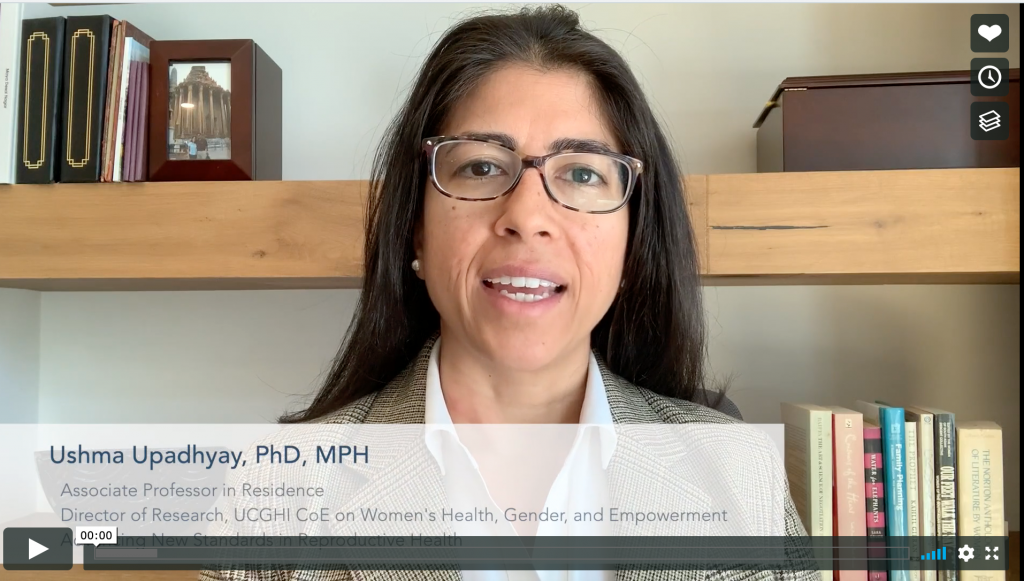Medication abortion care is a safe and effective method of abortion care that has been studied extensively since it was approved by the FDA 20 years ago this month.
Still, many Americans are unfamiliar with medication abortion care — what it is, how it can increase access to care during a pandemic and beyond, and the state and federal level policy barriers that stand in the way.
To assist state legislators’ work in this area SiX Reproductive Rights teamed up with Dr. Ushma Upadhyay, an expert in medication abortion care from the University of California San Francisco, and Innovating Education in Reproductive Health to make this short instructive video.
Click Here to Read the Transcript
Some topline takeaways to keep in mind:
- Medication abortion care is an FDA-approved option for ending an early pregnancy.
- Medication abortion care has been shown to be safe and effective over the last 20 years with a more than 99% safety rate.
- Despite its 20-year safety record, FDA restrictions (called REMS) still limit the number of providers that can stock and dispense the medication used in medication abortion care, reducing the options for patients to access it.
- Unnecessary state level restrictions on the use of telemedicine for medication abortion care — which have been passed in 18 states — add to the burden by requiring people to travel for an in-person visit, even though it is just as safe and effective to consult with a provider over video or phone.
- In July a Federal Court blocked the enforcement of the FDA restriction that requires people to pick up the medication in-person from their provider for the duration of the COVID public health emergency.
- The Trump administration has appealed to the Supreme Court to re-instate that requirement.
- Restrictions on medication abortion care, and abortion care in general, fall hardest on those who have low incomes, live in rural areas, are women of color, undocumented, or are young.
- It doesn’t have to be this hard to get medication abortion care. Pregnant people should be able to have medication abortion prescribed by their health care provider and receive their medications in the way that makes the most sense for them, whether that is having it delivered to their home or picking up at a local pharmacy or at a health center.
Medication abortion care has been researched extensively. This list contains a selection of issue briefs and fact sheets summarizing the research and the state-level policy implications:
- Abortion is Safe in All Forms (fact sheet highlighting the findings of the National Academies of Science, Engineering, and Medicine report on quality of abortion care in the United States)
- The Safety of Medication Abortion Care (The EMAA Project)
- Expanding Telemedicine Can Ensure Abortion Access During COVID-19 Pandemic (Center for Reproductive Rights and Columbia University Mailman School of Public Health)
- Medication Abortion: State Laws and Policies (Guttmacher Institute)
For additional resources, messaging guidance, or to be connected with a research expert on reproductive health topics, please reach out to [email protected].




